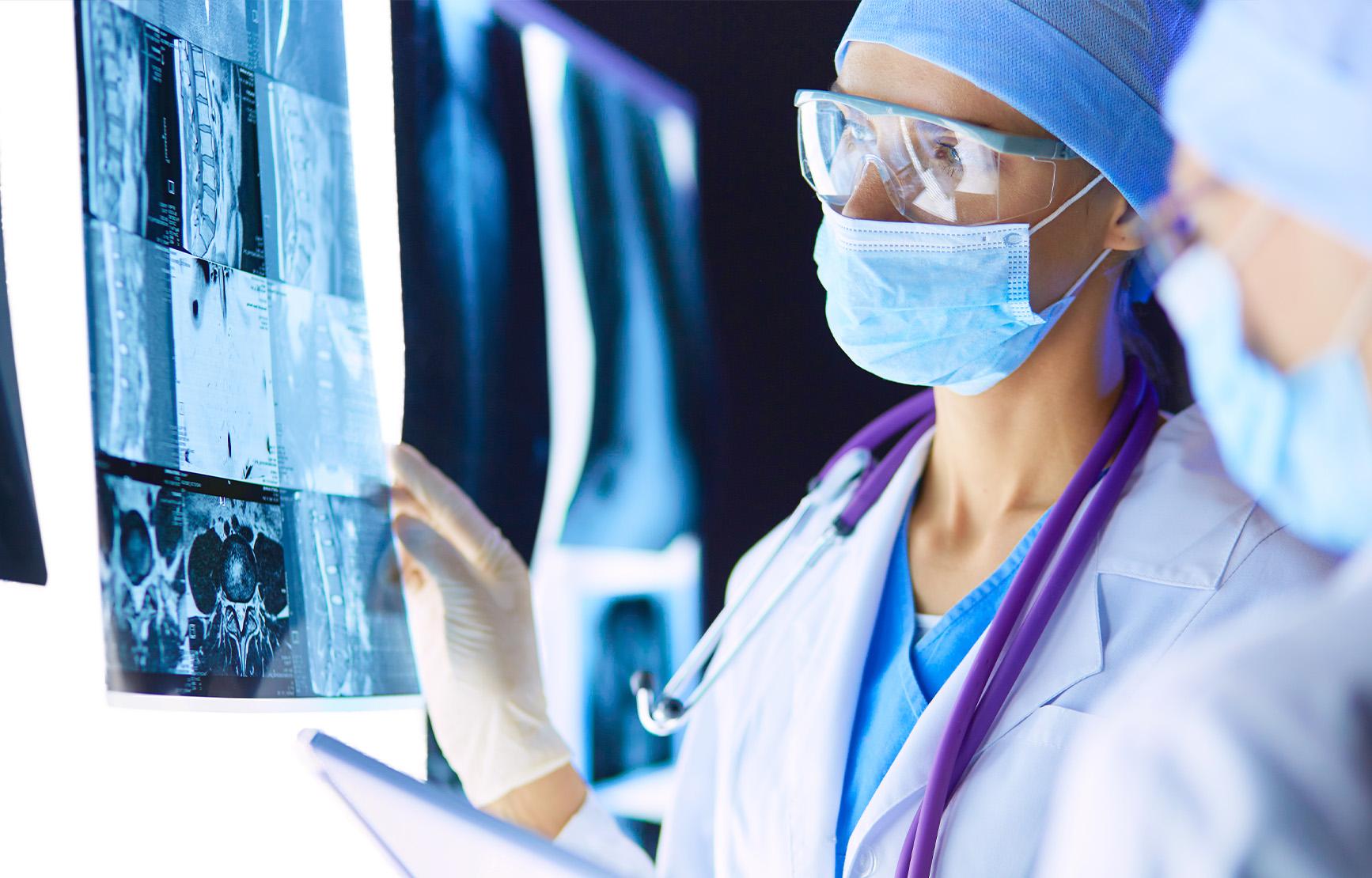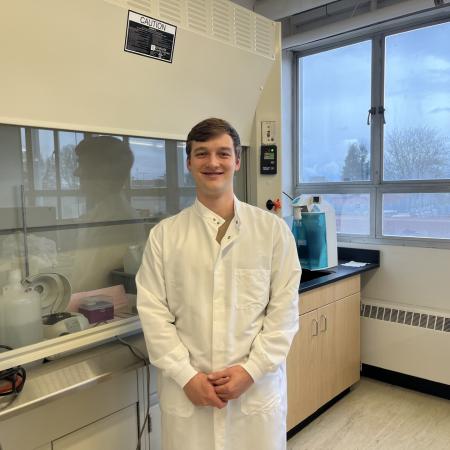Why a B.S. Degree in BioHealth Sciences from Oregon State University?
- B.S. degree in BioHealth Sciences provides an effective beginning foundation to pursue a career in healthcare, including medically focused clinical research. Three months after graduation, 90% of recent graduates are employed in a healthcare-related field or accepted to a professional program for further education (graduate school or health related professional schools such as medical, dental, pharmacy, physician assistant, nursing, physical therapy, optometry, podiatry and clinical laboratory science). This degree also provides preparation for careers in healthcare that are non-medical, including health care administration, IT focused on healthcare services, healthcare or pharmaceutical compliance and regulation, data analytics, human resources, and financial management.
- BioHealth Sciences major serves over 700 undergraduate students providing learning experiences that span life sciences, healthcare and social sciences. BioHealth Sciences degree includes completing medical terminology, microbiology (including lab), immunology, virology, organic chemistry, biochemistry, healthcare focused courses, cultural competency focused courses and anatomy and physiology courses (including lab),
- An active BioHealth Sciences (BHS) club arranges a CPR/AED training course to provide CPR certification through the American Heart Association, hosts healthcare guest speakers including dentists, doctors, nurses, physician assistants, clinical laboratory scientists as well as representatives from various professional programs.
- All BioHealth Sciences undergraduate students complete a Capstone Course focused on career readiness and professional skills. Successful transition to the workforce is achieved through resume building, interview skills, career informational interviews, networking, job searches and practicing both hard and soft skills in demand by future employers. Additionally, BioHealth Sciences students practice analyzing medically focused clinical research data published by clinicians working in healthcare settings.




